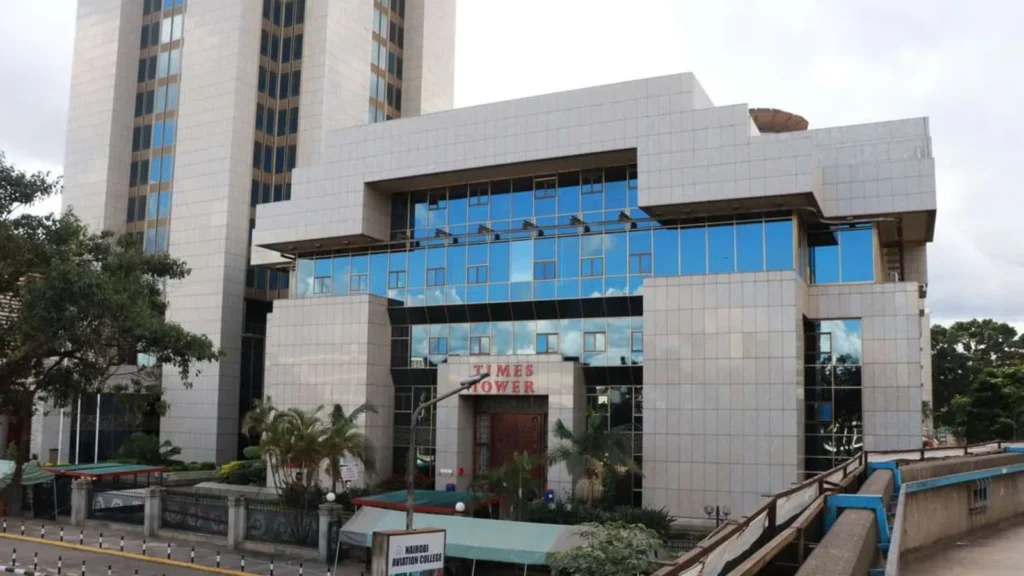The Kenya Revenue Authority (KRA) has faced a significant setback in its push for expanded powers to access personal data without judicial oversight, as the National Assembly rejected a controversial proposal in the Finance Bill 2025.
On 17 June 2025, the Parliamentary Budget and Finance Committee, responding to public outcry and memoranda from stakeholders, voted to strike down the clause. The decision echoed a similar rejection in the Finance Bill 2024, where a comparable proposal was defeated following concerns about unchecked surveillance and potential abuse of power.
The decision, hailed as a victory for privacy rights, followed intense public and parliamentary scrutiny over fears of constitutional violations and data breaches.
The rejected proposal sought to amend Section 59A(1B) of the Finance Bill, which would have granted KRA the authority to directly access personal information—including financial records and trade secrets—from third parties such as banks, money remittance firms, payment service providers, and telecommunications companies.
In its report on the Bill, the Finance Committee of the National Assembly said: “In light of these existing safeguards, the committee concluded that the proposed provision is both unnecessary and potentially unconstitutional.”
The committee also referenced Section 51 of the Data Protection Act, which outlines specific conditions under which exemptions to data protection may be permitted.
While the measure aimed to bolster tax compliance, it raised alarms among lawmakers, privacy advocates, and citizens who argued that it lacked sufficient legal safeguards and infringed constitutional protections under the Data Protection Act.
Several organisations, including audit firm KPMG East Africa and the Law Society of Kenya (LSK), presented memoranda opposing the proposal. They maintained that the move would significantly undermine taxpayers’ rights to due process and fair adjudication.
“Businesses may be forced to disclose personal customer information, raising concerns about data protection, compliance with privacy laws, and potential misuse and breaches,” KPMG said.
However, Treasury Cabinet Secretary John Mbadi has consistently defended the proposal as a necessary step to increase tax compliance, citing the challenges of voluntary compliance and the tendency of wealthy individuals to under-declare their incomes.
“People love convenience, especially where money is involved. If you just let Kenyans pay taxes at will without being followed up, they will not,” Mbadi argued.
Echoing his sentiments, KRA chairperson Ndiritu Muriithi said the action would improve revenue collection and close tax evasion loopholes.
“The question is: where are these 16 million Kenyans? Are they truly outside economic activities, and how then can we bring them to participate in financing the state?” he posed.
The Central Bank of Kenya and commercial banks also opposed the proposal, citing risks of data breaches, lawsuits, and regulatory penalties due to the absence of a robust legal framework.
KRA defended the proposal, stating it was necessary to enhance tax collection efficiency and curb evasion.
However, lawmakers countered that existing mechanisms—such as court-approved data requests—already provide sufficient tools for tax enforcement without compromising individual rights.
The Finance Bill 2025 is expected to undergo further revisions before its final adoption, amid growing public awareness of data privacy issues in Kenya, driven by the increasing digitisation of financial and personal records.
Analysts suggest the decision could set a precedent for future legislative efforts to balance tax enforcement with privacy protections. Stakeholders are urging greater public participation to ensure transparency and accountability.
– By Jeremiah Richu


